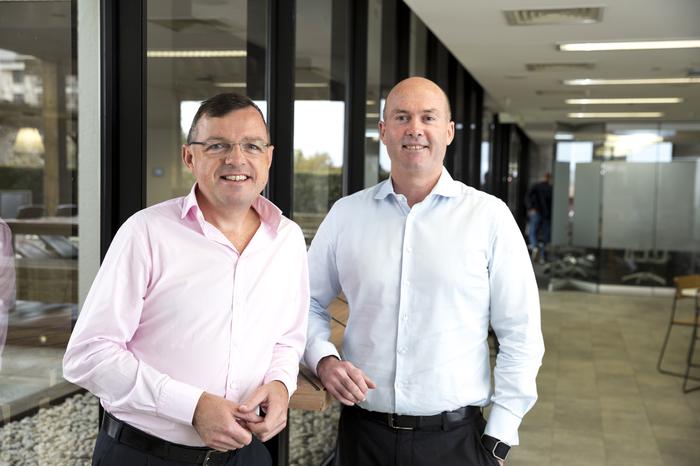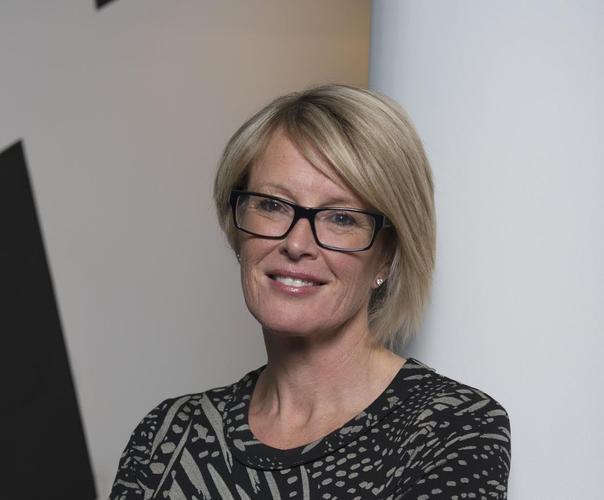The Australian Prudential Regulation Authority (APRA) has today granted ‘challenger bank’ Volt a licence to operate as an authorised deposit-taking institution (ADI).
Securing the unrestricted licence is a “critical milestone” and “no easy feat” Volt co-founder and chief executive Steve Weston said today.
“We are very pleased to have shown that, with the right team on board, it is possible to start building a bank from scratch and receive an unrestricted licence within the regulator’s two-year time frame,” Weston added.
Volt last year was the first company to receive a restricted banking licence from APRA.
The restricted licence regime – which came into effect in May last year – is targeted towards startups and smaller businesses with limited banking experience and lower risk banking activities. They must work their way up to a full, unrestricted ADI licence within two years.
“By making it easier for aspiring ADIs to enter the market, APRA hopes to see consumers benefit from enhanced competition and potentially innovative new business models,” APRA chair Wayne Byres said at the time.
Rival Xinja received its restricted licence in December. Other so-called ‘neobanks’ Judo Capital and 86400 are pursuing a full banking licence from APRA. 86400 – currently fully funded by payments processing firm Cuscal – is expecting to be approved this quarter.
“To have received our ADI licence before any other new entrant gives Volt Bank a competitive advantage over challenger banks looking to follow in our footsteps. We also acknowledge that this is a huge responsibility, as we will set the tone for a new era of banking,” Weston said.

Cloud first, native, only
A lack of legacy core banking systems is proving an advantage for the slew of new entrants to the market. Volt and Judo describe themselves as ‘cloud native’, adopting Temenos’ core banking platform – T24 Core Banking, Financial Crime Mitigation and Analytics – hosted on Microsoft Azure cloud.
“Being a new bank not anchored by legacy computer systems and processes, we can offer a completely different, highly trusted lending experience that is genuinely customer-centric,” Judo co-founder Alex Twigg, said late last year.
Weston shared the sentiment, saying: “By partnering with leading cloud services Volt is well positioned to challenge the incumbents of Australian banking”.
Xinja is on SAP Cloud for Banking and using IRESS’ home loan platform.
The cloud-only strategy is being pursued by more established banks too. In October, Bendigo and Adelaide Bank launched what it then claimed to be ‘Australia’s first fully cloud-hosted bank’, called Up.
The concept behind Up – which is hosted on Google Cloud – was to present mobile banking in “the most ‘non-bank’ way possible” Up co-founder, Dom Pym said at the time.
The Big Four have also signalled their intention to move to public cloud, but the task is hugely complex given the number and inextricability of existing on-premises systems.
Co-creation community
Volt – which recently appointed former Foxtel and News Corp CEO Peter Tonagh and former Tabcorp CIO Kim Wenn to its board of directors – has raised more than $45 million in equity capital in multiple rounds, and has doubled its employee count since May.

Work now is focused on rolling out a “full suite” of consumer deposit and lending products, and refining the customer onboarding process, Weston said.
“Our onboarding experience will include features such as rapid account opening enabled by smartphone facial recognition technology and simple transfer of direct debits and other payment details from existing bank accounts to a Volt Bank transaction account,” he said.
Small business banking services will be offered from 2020.
Volt today also announced an app-based online community called Volt Labs for customers to pitch product ideas, and receive beta versions of innovations.
“While some banks have dabbled with hackathons, online problem-solving and idea submission, Volt Labs will be an all-encompassing digital co-creation community. It will help Volt Bank to validate its offering, but more importantly, set the tone for how the banking industry can work closely with its customers to develop relevant products and services,” Weston said.

Despite the buzz around neo-banks, some industry veterans have questioned their viability. Former Tesco Bank CEO and Royal Bank of Scotland and NatWest executive Benny Higgins, speaking to CIO Australia in December said: “The question is: is there transactional trust in smaller businesses that didn’t exist five minutes ago? Building the brand, the transactional trust, the scale, is not easy.”
“I’m sure in ten years’ time there will be one of those little fintech banks that have succeeded. Because somebody might always succeed. But the problem is that critical mass is important in banking. It’s very hard to be small and beautifully formed and successful. You do need scale, it’s a scale business. That’s a big ask of these smaller businesses,” Higgins added.

